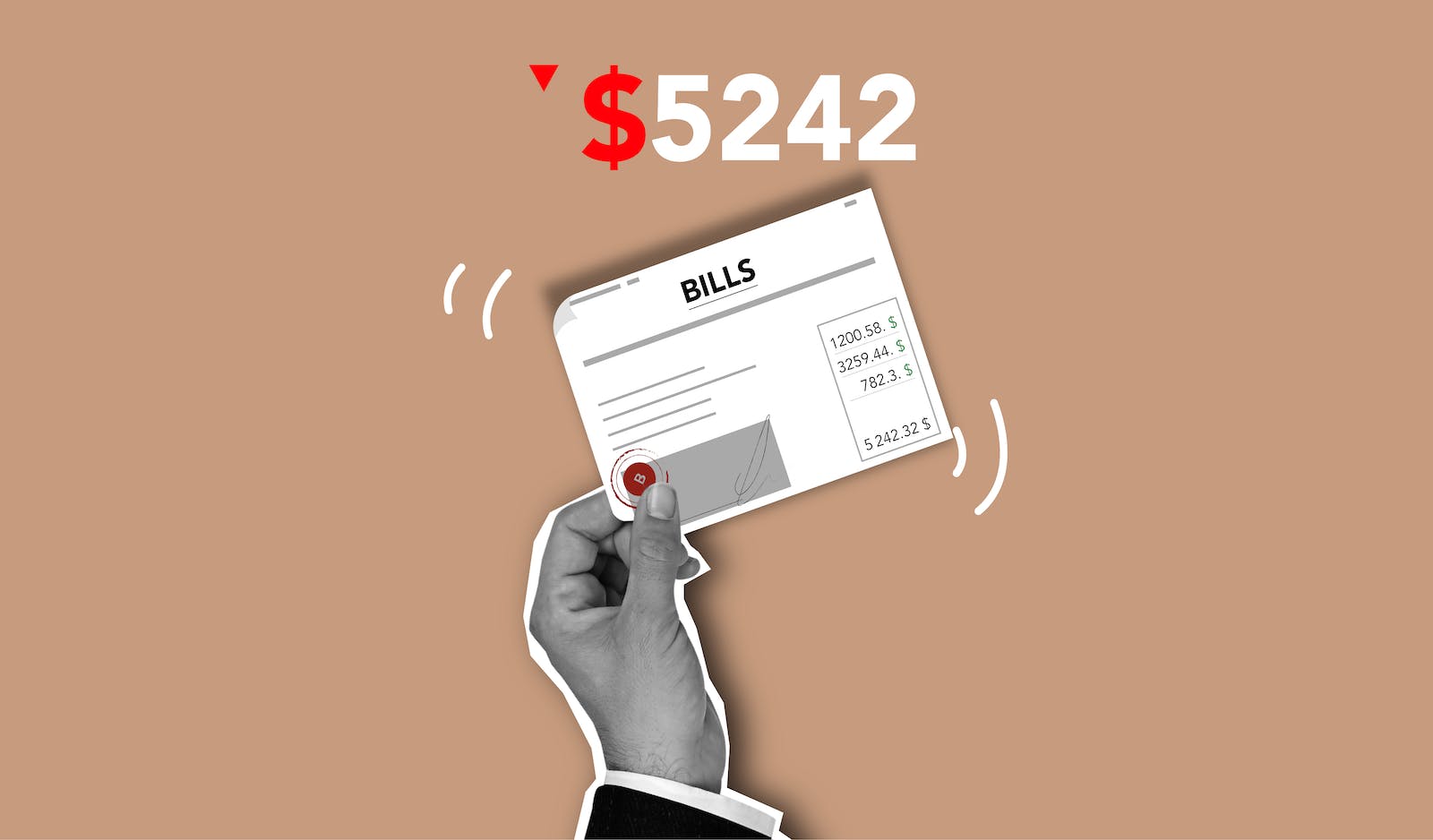It can be difficult to appeal a tax decision, but it doesn’t have to be. You can effectively appeal the decision and obtain a good conclusion if you have the correct guidance and a thorough understanding of the procedure. What you need to know to appeal a tax ruling is provided here.
Know Your Rights First
To appeal a tax ruling, you must first be aware of your rights. Whenever the Internal Revenue Service takes any action, every taxpayer has the right to appeal (IRS). This contains choices regarding taxes that must be paid, rebates, and fines. Being aware of your rights will help to guarantee the success of your appeal.
Collect Proof
The next stage is to acquire evidence to support your case if you are aware of your rights. This may contain records that demonstrate the accuracy of your tax filing, such as W-2 forms, bank statements, and other records. For ease of reference, all supporting documentation must be arranged and clearly labeled.
File an appeal
It’s time to file an appeal after you have all of your supporting documentation available. You can do this by sending an email or a completed Appeal Request Form to the IRS. Make careful to include the reasons why you think the IRS decision is flawed as well as the supporting documentation in your letter or form.
Get Ready for an Audition
You might need to get ready for a hearing if the IRS rejects your appeal. A judge will consider the evidence and issue a decision during the hearing. Make sure you comprehend the guidelines and processes because it’s crucial to be ready for this process.
Read more: What You Need to Know About Tax Credits
Know Your Options
If the judge rules against you, you still have choices. Either accept the judgment or take it to a higher court in an appeal. You might be able to work out a deal with the IRS that includes a payment schedule or a decrease in penalties.
A tax decision appeal need not be difficult or daunting. You can effectively appeal the decision and obtain the result you desire by comprehending the procedure and assembling evidence to support your case.




Leave a Reply